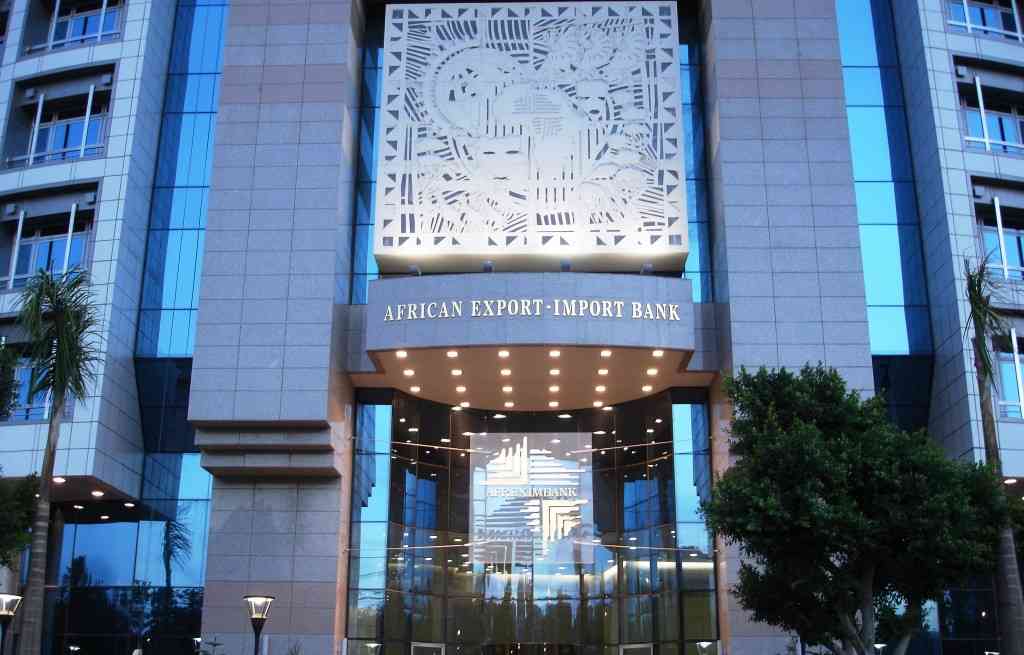
ZIMBABWE’S listed companies have different views on the 2023 financial year (FY23) outlook amid widespread uncertainty but are optimistic that they will pullthrough the year despite the headwinds.
This comes as most companies reported a tough operating environment for FY22 as the economic activity slowed down characterised by currency and three digit inflation figures,which continued toweigh down the economy.
On a global scale the increase in global prices due to the Russia-Ukraine war led to disrupted supply chains negatively impacting business operations for most companies.
Butin its outlook statement accompanying financial results for FY22,brick manufacturer Willdale limited said the stability in the exchange rate and inflation brought about by the monetary policy measures introduced towards the end of the financial year,if sustained,gives the company confidence of an improved operating environment for the FY23.
“Demand for brick for housing development and various infrastructure projects remain high. A sustainable financing model for housing development will result in increased volumes and profitability and will contribute significantly towards housing delivery under NDS1 (National Development Strategy 1). Provision of stable electricity supply will be critical to efficient production.” Willdale said.
National Tyre Services (NTS) remained confident that the measures implemented by government will maintain current exchange rates stability and continue to reduce inflation to enable full business recovery.
The company also hoped that a good rainfall season will boost economic activities this year.
“National Tyre Service leverage on the new import regulations of dutyon commercial tyres and payment on foreign currency to gain market share,” NTS said.
- Mavhunga puts DeMbare into Chibuku quarterfinals
- Bulls to charge into Zimbabwe gold stocks
- Ndiraya concerned as goals dry up
- Letters: How solar power is transforming African farms
Keep Reading
“The company is capitalising on current farming season demand for tyres and tubescomplemented by the festive season upon us to grow sales. We remain confident that the measures by implemented by government will maintain current exchange rates stability and continue to reduce inflation to enable full business recovery. “Projected normal rainfall this season will boost economic activities through better yield and increase hydroelectricity power generation Kariba.” it said.
Ariston Holdings, however, believes it will really see value for its macadamia nuts in the year 2024 with fears that the market will remain depressed this year.
The company said it will this year continue focusing on quality and volume improvement.
“The 2022/23 agricultural season is expected to have normal to above normal rainfall. This will assist in underpinning the groups’ production performance,” Ariston Holdings.
“The group will continue focusing on quality and volume improvements, further automation of activities improved efficiencies.
“In the short term production unit costs are expected to remain high at the same time average selling process for macadamia and remain depressed whilst tea priced and volumes off take will continue to improve.
“Itis expected that improvementin macadamia market will onlybe truly be felt in a positive way in the year 2024,” it said
Bindura Nickel Corporation (BNC) in its financial results for the half year ended September 30 2022 said the focus during the remainder of the year was on recovering the nickel in concentrate production deficit and managing costs.
BNC added that the equipment recapitalisation programme will have a positive impact on the ore volumes the company can produce and the rate of development underground, thus addressing the grade challenges, and ultimately the cash flows generated from operations.
“The price of Nickel, which was initially forecast to be US$21000 per tonne for FY2023, has of late been on an upward trajectory, reaching the US$29000 per tonne mark. Should this higher price continue to obtain into the near future, thecompany will be able to significantly recover from some of the financial losses incurred to date,” it said.
On the other hand, the firm added that there was likelihood that nickel prices may be pressured downward by negative macro dynamics, such as the global monetary policy tightening, a Chinese economic downturn, the increased likelihood of a global economic recession and heightened geopolitical tensions.










